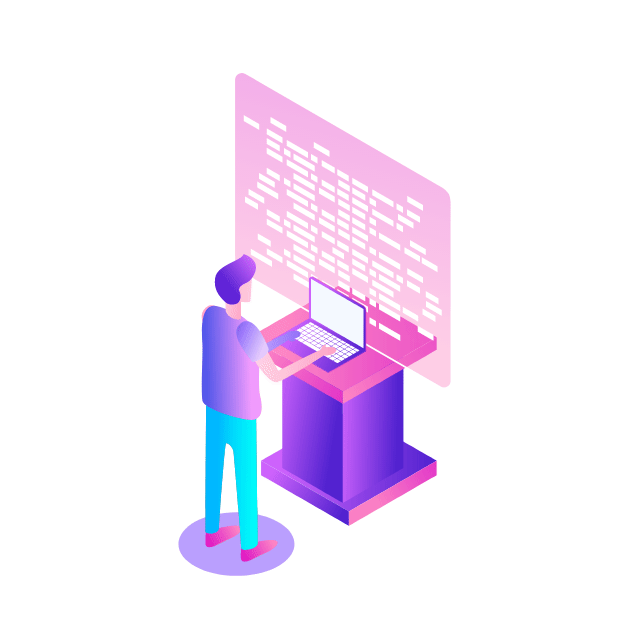Google Cloud and SAP have been partners for many years, helping customers like Southwire transform their businesses by migrating their SAP environments to Google Cloud, and leveraging services like Vertex AI, Document AI and BigQuery, so they can get insights faster and accelerate business transformation.
SAP developers and architects have several choices while designing the right extension strategies for their SAP landscape. In particular, developing in Advanced Business Application Programming, or ABAP, continues to be a key architectural choice. ABAP is the programming language that powers SAP’s ERP solutions, such as S/4HANA and ECC. It has been used by SAP customers for over 40 years to develop and extend their business applications, and there is a thriving community of ABAP developers with unique techno-functional skill sets and expertise in SAP’s data model and business logic. These developers play a crucial role in any transformation journey using SAP ERP.
To make it easier for SAP developers to migrate to and run on Google Cloud, today we released the ABAP SDK for Google Cloud, which provides bi-directional, real-time extensions between SAP and Google Cloud services. Developers can easily leverage this SDK to integrate their SAP applications with Google Cloud services such as Vertex AI, Document AI, Translation AI, Pub/Sub, and others. With the ABAP SDK, customers can accelerate their digital transformation and achieve business goals faster.
At Alphabet, we use the ABAP SDK for Google Cloud extensively to extend the SAP ecosystem to run our mission-critical applications in Finance, IT Asset Management, Supply Chain, Alerting, Business Process Monitoring, and data warehousing. Alphabet uses the ABAP SDK in real time to run ML inferences in the context of a SAP business transaction, surfacing ML predictions to enable faster decision making for business users. In addition, the SDK is used to continuously train the ML model based on the user’s decision, improving the accuracy of future recommendations.
The ABAP SDK for Google Cloud allows developers to easily connect, integrate, and consume Google Cloud services right within the confines of the SAP ERP application and achieve engineering excellence. This means ABAP developers can use the language they know and love to tap into the power of Google Cloud to improve the performance, scalability, and security of their SAP ERP applications. For example, the ABAP SDK can streamline use cases such as:
Sales order processing automation using DocumentAI, Translate API, Address validation, Cloud Storage and Pub/Sub
Shipping route prediction using BigQuery ML and Pub/Sub
Using Cloud Storage as an archive store for documents
In the first release, the ABAP SDK for Google Cloud supports the following Google Cloud services:
Vertex AI (Translate API, DocumentAI, and Predictions)
Pub/Sub
BigQuery (QueryRequests)
Cloud Storage
The SDK will be delivered in Google’s (/goog/) namespace and packaged as an SAP transport that customers can download and install in their SAP applications. Once installed, ABAP developers can consume these Google Cloud services as simple ABAP classes within their code. The ABAP SDK does the heavy lifting of authentication, data serialization, transportation (over http), logging, and error handling, allowing the ABAP developer to just focus on their business logic.
To help ABAP developers to quickly onboard with the ABAP SDK, we are also releasing code samples through quick start guides, a low-code wizard, sample codes and how to guides.To learn more about ABAP SDK, please see the product overview page for more information. Or, you can download the SDK for free and onboard in a few simple steps.
Cloud BlogRead More


